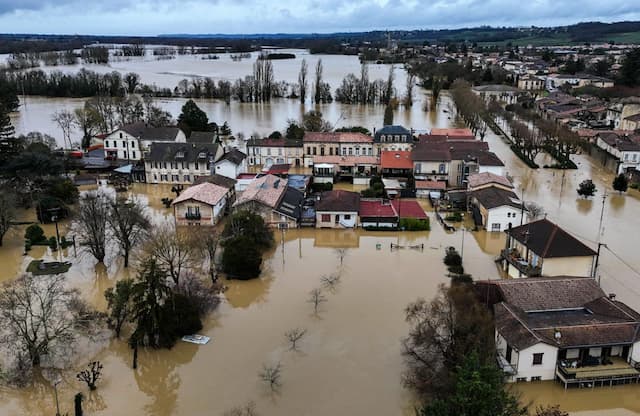Coronavirus: Danish Schools Start Reopening After One Month of Closure

Schools shyly reopened this Wednesday 15th April in Denmark after a month of closure due to the coronavirus epidemic
Denmark is the first European country to reopen its crèches, nursery and primary schools this Wednesday 15th April, after the introduction of restrictions on March 12th to stem the coronavirus epidemic.
However, lessons resumed in only half of the Danish municipalities and in 35% of the establishments in Copenhagen, the others have asked for more time to adapt to the health security rules still in force. All establishments are expected to be open by April 20th.
The reopening of schools had been announced in early April by the government on condition that everyone kept their distance and washed their hands
. Among other things, schools will have to ensure a distance of two meters between tables in classrooms and organize recreations in small groups.
This announcement was, however, disputed by some parents of students, worried about health issues. A petition baptized my child is not a laboratory rabbit
, gathered on Tuesday some 18,000 signatories.
6,700 cases of contamination in Denmark
Children can spread the infection without getting sick
, say the signatories. According to Henrik Wilhelmsen, director of a school in the Nørrebro district of Copenhagen, many parents will keep their children at home
, choosing not to comply with the rule of compulsory education.
Middle school and high school students (with the exception of the first and final grades) will continue to teach at a distance and should return to school on May 10.
Denmark has nearly 6,700 cases reported since the start of the epidemic and 299 deaths related to Coronavirus Covid-19.
Before him, Austria was the first European country to unveil its roadmap for a return to a new normal
On Tuesday, the country authorized the reopening of small non-food businesses in favour of a slowdown of the epidemic, even if the population is still asked to limit its movements.
Enjoyed this? Get the week’s top France stories
One email every Sunday. Unsubscribe anytime.


